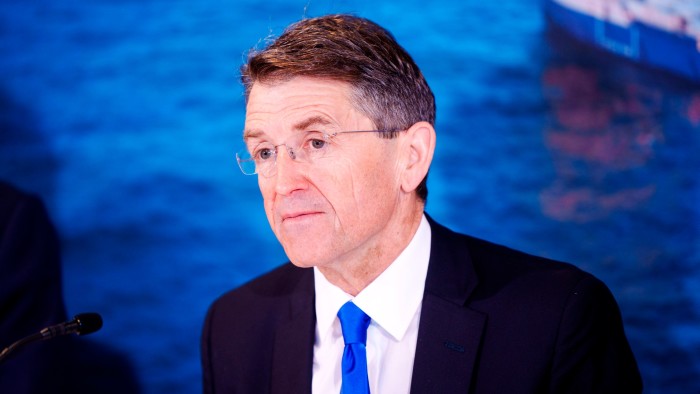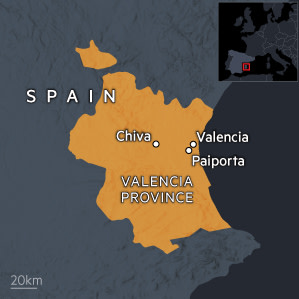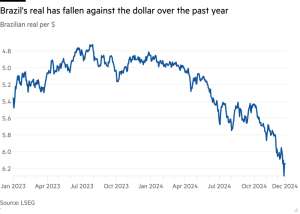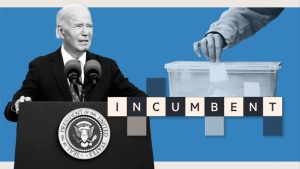Ineos Energy chief warns ‘punitive’ UK taxes make North Sea uninvestable

Unlock the Editor’s Digest for free
Roula Khalaf, Editor of the FT, selects her favourite stories in this weekly newsletter.
Oil and gas explorers in the UK are operating with “hands tied behind” their backs, according to the chair of Ineos Energy, with “punitive” government tax policies forcing them to seek opportunities in other markets.
Ineos Energy, the four-year-old oil and gas arm of chemicals group Ineos, said it had bought $3bn of US assets rather than investing in the North Sea and would continue to look for deals abroad.
“In our initial strategy we wanted to expand in the UK, particularly gas. And what has happened is that the tax regime makes that impossible,” said Brian Gilvary, Ineos Energy chair and a former chief financial officer of oil major BP.
The industry veteran described the current taxes on North Sea oil and gas, brought in by the then Conservative government and increased by Labour in its most recent budget, as “the most unstable fiscal regime in the world”.
Gilvary said Ineos Energy shelved a “series of transactions” in the UK after the Energy Profits Levy was introduced in 2022 in response to the jump in oil and gas prices that followed Russia’s full invasion of Ukraine.
The current government raised the levy from 35 per cent to 38 per cent in October, creating a headline tax rate for North Sea oil and gas companies of 78 per cent, and removed a 29 per cent investment allowance.
“We’ve done three deals in the US, and those came in pretty quick succession off the back of the EPL,” said Gilvary. “We’ve looked at two potential transactions in the past 15 months in the UK and both of them were precluded going forward because of the EPL. The economics don’t stack up when you have the alternative to move that money to the Gulf of Mexico.”
He continued: “If you speak to anyone in the industry, everyone is looking for a partner right now, but there’s nothing we looked at that we thought we could move forward on, simply because of the prohibitive tax.”
US-based Apache last month announced plans to wind up its North Sea operations by 2029, blaming the UK tax regime. Shell and Equinor have merged several of their UK assets into a new company to be more tax-efficient.
“Every oil and gas producer in the UK will be looking at opportunities outside the UK right now,” said Gilvary, whose company has negotiated a deal to buy a share of a Gulf of Mexico deepwater field operated by Shell from China’s Cnooc International for an undisclosed sum.
“The frustration for those players in the North Sea in the UK is we’ve sort of got our hands tied behind our backs because [we cannot get] new licences. So we cannot extend the life of what we have, even at these punitive tax rates. And so you end up in a run-off position.”
“Basically we’ll try to harvest the assets as best we can and focus elsewhere,” he said.
Gilvary said the government did not “appear to wish to engage” on the North Sea’s fiscal regime, although he expected that the taxes would eventually be cut, but that companies may be unwilling when that time comes.
The market value of the UK’s top 25 independent oil and gas companies has fallen from £27.8bn in 2011, when oil prices averaged $110 a barrel, to £9.8bn at the end of last year, when oil prices averaged $80 a barrel, according to Deloitte, as the sector steadily lost its appeal to UK investors.
Kosmos Energy, a New York-listed independent oil explorer, this week said it would not proceed with a proposed deal to buy Tullow, the West Africa-focused UK producer. Tullow, which was worth as much as £14.5bn in 2012, is currently worth £342mn, with a net debt of $1.7bn.
#Ineos #Energy #chief #warns #punitive #taxes #North #Sea #uninvestable






